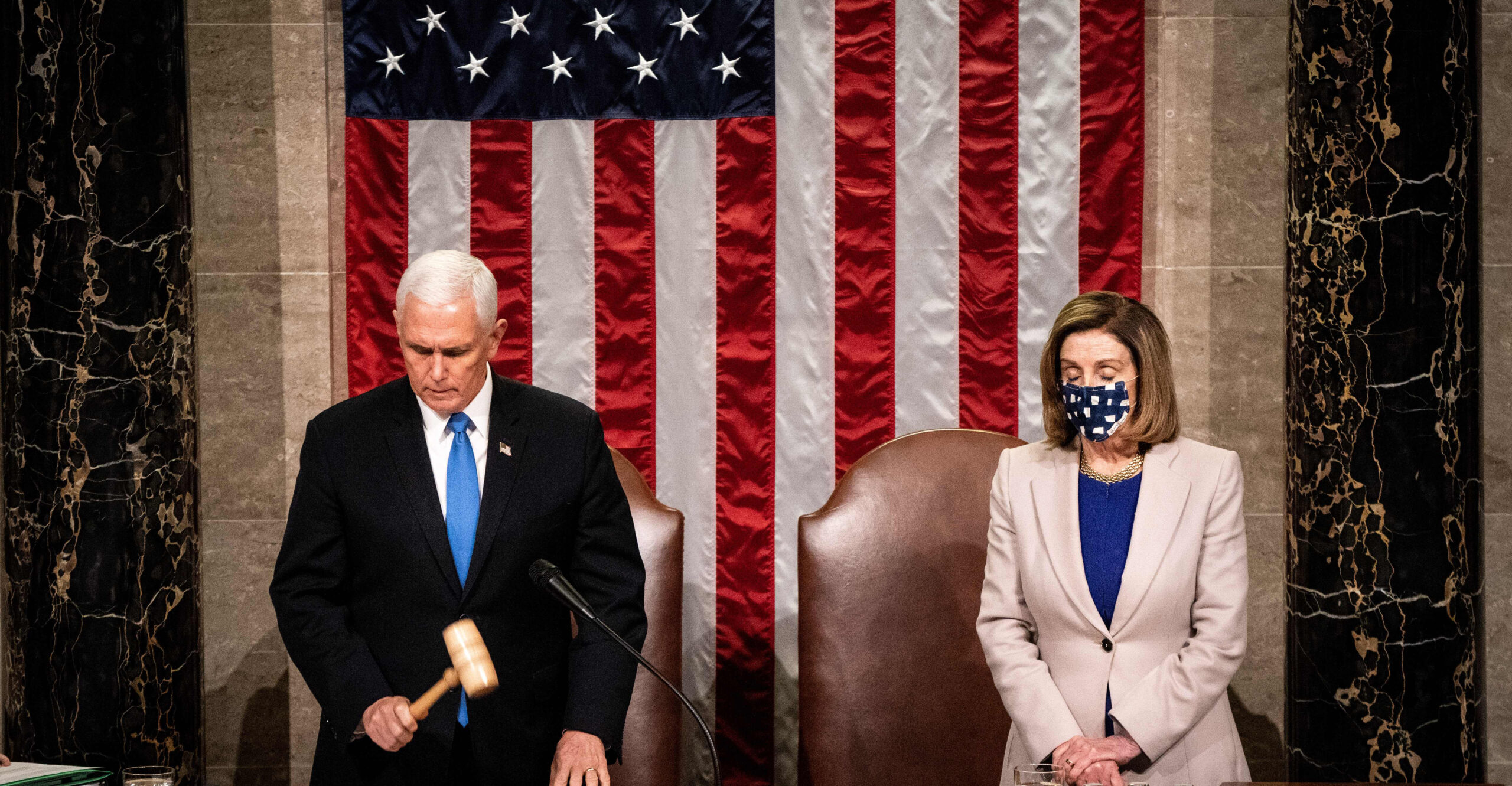Yeah…that’s not even remotely what happened. But the USMB community is used to you making up outrageous shit.

You always project your lack of work ethic on others. Nobody was tired. Nobody wanted to go home. And it wasn’t a “compromise”. It was designed to ensure that two cities couldn’t control the entire United States.
Uh, no. It was a compromise.
Established in Article II, Section 1 of the U.S. Constitution, the Electoral College is the formal body which elects the President and Vice President of the United States. Each state has as many "electors" in the Electoral College as it has Representatives and Senators in the United States...

history.house.gov
Originally, the Electoral College provided the Constitutional Convention with a compromise between two main proposals: the popular election of the President and the election of the President by Congress.
It’s always comical watching you make shit up. Thomas Jefferson literally didn’t even campaign. He had absolutely no desire to leave Monticello (just as George Washington had no desire to leave Mount Vernon).
Wow, you missed the point. What Home Skule did you learn history at.
Election of 1800 was a fiasco. No one got a majority in the EC< and Aaron Burr, all around scumbag, tried to pull a fast one and get named President in Congress.

en.wikipedia.org
In February 1801, the members of the House of Representatives balloted as states to determine whether Jefferson or Burr would become president. There were sixteen states, each with one vote; an absolute majority of nine was required for victory. It was the outgoing House of Representatives, controlled by the Federalist Party, that was charged with electing the new president. Jefferson was the great enemy of the Federalists, and a faction of Federalist representatives tried to block him and elect Burr. Most Federalists voted for Burr, giving Burr six of the eight states controlled by Federalists. The seven delegations controlled by Democratic-Republicans all voted for Jefferson, and Georgia's sole Federalist representative also voted for him, giving him eight states. The Vermont delegation was evenly split and cast a blank ballot. The remaining state, Maryland, had five Federalist representatives to three Democratic-Republicans; one of its Federalist representatives voted for Jefferson, forcing that state delegation also to cast a blank ballot.
[23]
Publicly, Burr remained quiet between mid-December 1800 and mid-February 1801, when the electoral votes were counted. Behind the scenes, he faced mounting pressure from within the party to step aside if he and Jefferson should tie in electoral votes. However, there was confusion as to whether or not Burr could simply concede the presidency to Jefferson and become vice-president, or whether he would have been forced to withdraw entirely and allow one of the Federalist candidates to become vice-president, as the Constitution was unclear on the matter. Regardless, he refused to disavow the presidency, writing in December 1800 to Representative
Samuel Smith that he would not "engage to resign" if chosen president, adding that the question was "unnecessary, unreasonable and impertinent." Rumors circulated that Representative
James A. Bayard, a Federalist, had—purportedly in Burr's name—approached Smith and
Edward Livingston with offers of political appointments if they voted for Burr.
[24]


